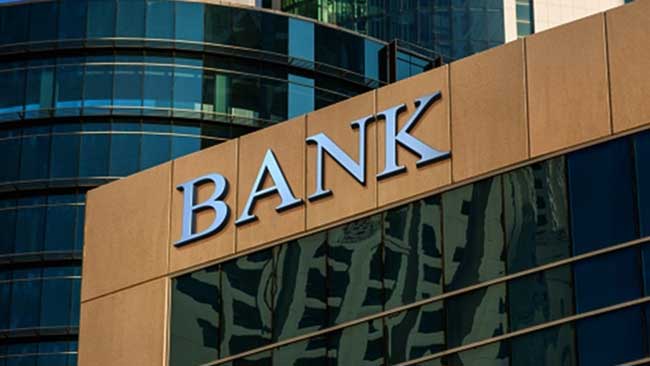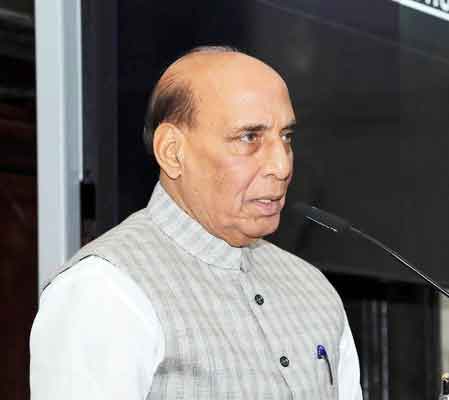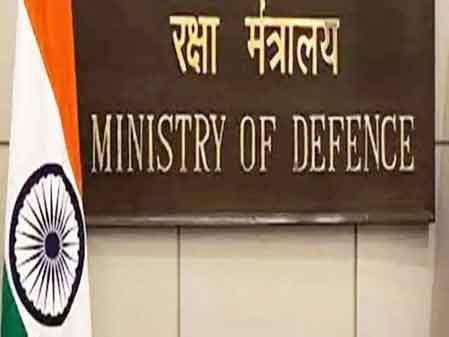Mergers of banks in India has resulted in increased efficiency for the acquirers or the merged entity and higher shareholders wealth for the acquiree banks, as per a research paper published by the Reserve Bank of India (RBI).
"The expected benefits of mergers and acquisitions (M&As) in financial institutions worldwide, including in India, are cost reduction, profit maximisation, and gains through portfolio or geographical diversification," the paper, authored by Snehal S. Herwadkar, Shubham Gupta, and Vaishnavi Chavan, notes.
According to the research paper, data envelopment analysis (DEA) suggests that the efficiency of acquirers improved post-merger due to an increase in scale or productive capacity.
Financial ratio analysis, which compares the pre- and post-merger performance of acquirers, reinforces the findings of efficiency analysis. These results are robust even after controlling for industry-wide impact.
The event study analysis employed for bank mergers between 2019-2020 indicates an increase in shareholders' wealth of the acquiree banks.
The three authors in their study identified geographical diversification and greater focus on interest earnings as a source of income as the key factors behind post-merger improvement in bank efficiency.
"Our findings, using the non-parametric technique of data envelopment analysis, suggest that mergers, on an average, improved the efficiency of acquirers - both in the short-term (1 year and 3 years since merger) and medium-term (5 years since merger). A more nuanced analysis suggests that this improvement was due to increased scale of productive capacity (scale efficiency). These findings are supported by a financial ratio approach, where the pre-merger financial performance of acquirers is compared to that in the post-merger period," they said in their paper.
"The event study approach, employed for mergers during 2019-2020 where adequate data is still not available, suggests that mergers resulted in an increase in shareholders' wealth of the acquiree banks, while the share price of acquirer banks witnessed a temporary blip," the paper notes.
According to the paper, banking mergers in India have been, on an average, beneficial to the banking sector as the financial performance and efficiency of acquirers improved post-merger.
The study found that the mean technical efficiency of acquirers increased from 90.88 in the pre-merger period to 93.80 three years post-merger, and 94.24 five years post-merger.
A deep dive into factors that may have led to efficiency gains identifies post-merger geographical diversification and improvement in the share of interest income as the significant factors, the study states.
The evidence so far, thus, suggests that mergers have been an effective tool of efficiency improvement in the Indian banking sector. Mergers have provided avenues for increasing the scale of operations, geographical diversification, and adoption of more efficient business strategies, the authors concluded.






Pak propaganda alert: Sukhoi shot down, pilot captured; PIB says 2014 image of crash
The government on Friday trashed Pakistani social media handles claiming that a Sukhoi Su-30MKI was shot down in Muzaffarabad, and an Indian Pilot was captured.
India-Pak conflict affects 11 pc of daily domestic air traffic: Industry data
As tensions flare up between India and Pakistan, at least 11 per cent of the daily domestic air traffic has been affected following the shutdown of 24 airports in the country, data showed on Friday.
Defence Minister reviews 'Operation Sindoor', ongoing situation with military chiefs
Defence Minister Rajnath Singh on Friday held a high-level meeting at the Defence Ministry to review 'Operation Sindoor' and assess the current security situation along the border with Pakistan.
Defence Ministry advisory: Refrain from live coverage of operations, security forces' movement
The Ministry of Defence on Friday issued an advisory to the media to refrain from showing live coverage of defence operations and movement of security forces.
India is always a winner: CM Yogi lauds armed forces amid India-Pak tensions; calls for national unity
Uttar Pradesh Chief Minister, Yogi Adityanath, while addressing a gathering in Lucknow on the occasion of Maharana Pratap Jayanti on Friday, delivered a strong message of national unity amid escalating tensions between India and Pakistan.
IPL 2025 suspended indefinitely, BCCI cites national interest: Sources
Amid the escalating military conflict between India and Pakistan, the BCCI has decided to suspend the ongoing Indian Premier League (IPL) 2025 season indefinitely in an emergency meeting on Friday, sources told IANS.
Army releases video of India destroying Pakistani military post
The Indian Army has released the first video of a strike carried out at a Pakistani military post, responding to the cross-border firing by Islamabad troops in the face of escalating tension between the two countries.
Pakistan attacked with multiple missiles and drones, all effectively repulsed: Indian Army
Pakistan Armed Forces launched multiple attacks using drones and other munitions along the entire Western border on the intervening night of May 8 and May 9, Indian Army officials said.